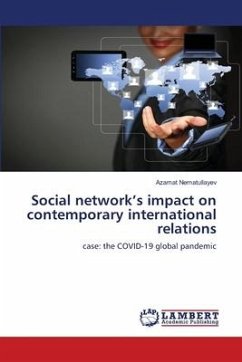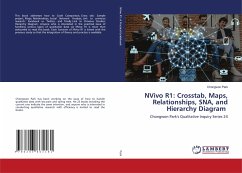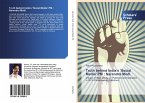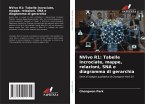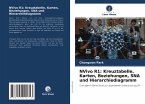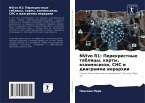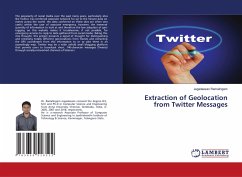For the past a century, new actors of international relations have emerged substantially. International governmental and nongovernmental organizations, multinational corporations and social networks along with the world mass media are now impacting on the international politics in general and states particularly.The spread of COVID-19 pandemic globally also stimulated to increase the role of social networks. The announcement of lockdown globally forced people to stay at home. And this ensued great demand for information by people. People of this decade now prefer short texts rather than reading a whole scientific article. In this case Social network platforms offered people unprecedented opportunity to read and share needed information rapidly. Both ordinary people, scientists, artists and politicians expressed their views on particular themes through Twitter, Facebook, Telegram and Instagram. Thus, analysing people's attitude towards their proposals. Social networks gained strong power both over states and presidents. As a global circulator of information, they now prefer which information to spread and block according to their own interests.
Bitte wählen Sie Ihr Anliegen aus.
Rechnungen
Retourenschein anfordern
Bestellstatus
Storno

